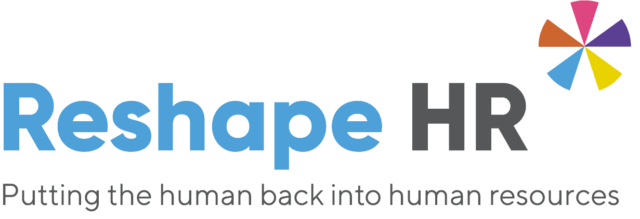Do you need to have an awkward chat with an employee, but unsure where, and how to begin?
Whether it’s about addressing decreased performance or inappropriate comments, the burden largely of having the awkward conversation falls on the individuals line manager. It may seem awkward or uncomfortable at first, but addressing matters with the individual can have many benefits.
In this article, we’ll explore how best to approach having difficult conversations with employees, especially those which may carry an element of risk. With a step-by-step guide, you as a line manager can address many of the workplace issues through a conversation, and help to create a much more positive, and healthier working environment.
What are difficult conversations?
In a workplace, a difficult conversation is one in which you have to manage both emotions and information in a sensitive way in order to deal with an issue.
The most common types of conversations that tend to be a cause of concern for both line managers and business are:
- Decreased employee performance
- Inappropriate behaviour
- Complaints and grievances
- Addressing conflicts
- An employee not adhering to the values and policies at their workplace
Why are difficult conversations so important?
As humans, we tend to avoid hard to handle conversations both in our personal and work lives. However, not being able to deal with a difficult issue head on can end up creating an environment of dread and anxiety.
As a manager there are two reasons to embrace difficult conversations. First, they set the tone that there is nothing we can’t discuss and/or handle together. Second, difficult conversations set the foundation for an honest and open work environment that thrives on focusing on the goals, not the problems.
That’s why it’s so important to learn, and follow, the proper steps to having difficult conversations with your colleagues. If your business has an HR team and/or HR policies in place make sure you consult them to ensure you are following the correct HR procedure to have any conversation necessary. HR professionals are on hand to guide managers on how to have any difficult conversation while keeping with HR’s core principles: empathy, discretion and professionalism.
In the next few sections, we’ll outline what to do before, during and after your conversations and how you can ensure these conversations go as smoothly as possible and you achieve an outcome which addresses the issues but more importantly ensures that corrective measures are in place going forward.
Before the conversation
Schedule plenty of time for the conversation, and prepare what you are going to say. Allow for breaks to gather and reflect on your thoughts and approach.
Points to think about prior to your conversation:
- Check your facts and gather relevant documents. This is also a good time to review any relevant Company policies or rules that concern the situation, liaise with the HR Department in your business to ensure you are following the procedure correctly.
- Take a moment to try to see the situation from your employee’s perspective. Proceed with an open mind and empathy. It is important to not make any definitive assumptions.
- What outcome do you want? What possible solutions can you propose to resolve the matter?
During the conversation
Beyond the prep work, there’s a lot you can do to make sure you’re setting yourself, and your employee, up for success.
Here are a few tips on how to achieve the most out of your difficult conversation:
- State the issues and provide examples. State the impact that the problem may be having on the wider team and the business.
- Show you care. Put aside your view and let the employee explain their side of the story.
- Confirm and clarify your understanding of what they have said and validate them where appropriate.
- Reassess your position. Take this chance to clarify your position without minimising theirs. Has your position changed based on the information they provided?
- Work with the employee to develop solutions and together agree on a way forward.
After the conversation
Take some time, and debrief HR and/or a senior manager. At this stage share your thoughts too.
Most importantly, it is vital to note from a both ethical and confidentiality point of view, that the matter is not discussed with any other employees.
It is important to follow up with the employee after a difficult conversation has taken place, this reassures them that you are there to provide support and guidance as. Some pointers to keep in mind may include:
- Taking a one-to-one moment to tell your employee that you appreciated the conversation you both just had.
- In the days that follow, offer your employee the chance to ask any follow up questions, or continue the discussion if needed.
- Celebrate positive progress promptly, to keep them both focused and motivated. Don’t let their hard work go unnoticed.
Creating a culture at the workplace where all categories of feedback are welcomed is not easy, but the resulting accountability drives dedication and willpower within the team that wouldn’t otherwise be realised.
Reshape HR is here to assist. We work with a variety of clients based across the UK, so if you are looking for HR or Payroll support or simply looking to run something past us, please do get in touch with us via:
T: 0141 471 5510
E: info@reshapehr.com
W: reshapehr.com







